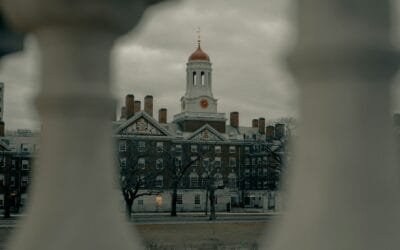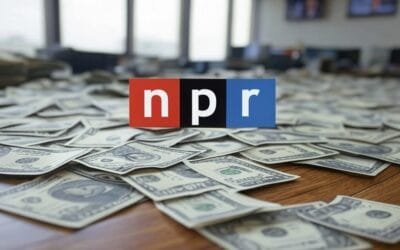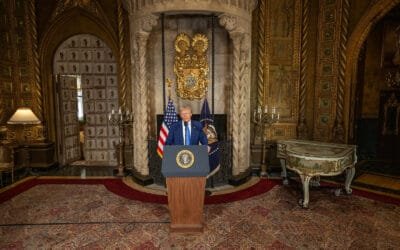By James McCrory
In another erosion of the First Amendment, the United States Supreme Court held, in Nixon v. Shrink Missouri Government PAC,1 a 6 to 3 decision, that campaign contribution limits were constitutional.
Under the Missouri statute at issue, no person may contribute more than $1,0752 to any candidate for state auditor and certain other statewide offices. Shrink Missouri Government PAC wanted to make a larger contribution to Zev David Freedman, a candidate for the 1998 Republican nomination for auditor. In order that it be able to do so, the PAC and Freedman brought suit in a Federal District Court to enjoin enforcement of the statute. The District Court ruled against them but was reversed by the Court of Appeal. The Supreme Court reinstated the District Court decision.
The leading case on the subject is Buckley v. Valeo3 decided in 1976. In Buckley, the court found spending limits unconstitutional but upheld contribution limits of $1000 per election. The justification for the limitation was “the prevention of corruption and the appearance of corruption.” It “drew a line between expenditures and contributions, treating expenditure restrictions as direct restraints on speech which nonetheless suffered little direct effect from contribution limits.”4
The PAC and Freedman unsuccessfully argued that Missouri should be required to prove the existence of corruption in the electoral process there. Under current constitutional interpretation, “[A] state statute is not void, however, for want of evidence.”
Justice Thomas, joined by Justice Scalia, wrote a passionate dissenting opinion. Justice Thomas would overrule Buckley v. Valeo. He noted the Court ignores the way speech of all kinds is disseminated. Justice Kennedy also dissented but was open to other new legislation as possibly constitutional.5
To the majority, the pragmatic goal of “avoiding the appearance of corruption” is more important than the First Amendment. One wonders if the limit of this line of non-thinking is that only individuals speaking on soap boxes ultimately have protected speech.
But pragmatism does not “work” to protect our form of government; what does work is the application of the principles of, and adherence to, liberty. And tyranny cannot be limited to one set of rights. Thus, the worst comment was in Justice Stevens’ concurring opinion: “Money is property, it is not speech.”
The entire Court is far from understanding the cause of corruption here. As long as the government has favors to distribute, men will try to get them. In the absence of rational criteria to determine who benefits, influence will be used.6 And of course, no such rational criteria are possible. The solution, therefore, is to restrict government to its proper role: the protection of rights.7 In a properly limited government, dishonest men could not purchase favors from government, and honest men would not need to pay bribes to prevent improper government interference.
__________________________________________________
Notes and References:
- No.98-963, <http://supct.law.cornell.edu/supct/html/98-963.ZS.html>, decided on January 24, 2000.
- This was the limitation in 1995. The statute has a clause that allows the maximum allowable amount to increase with inflation.
- 424 U.S. 1(1976)
- Unless otherwise stated, all quotations come from the Shrink case. All citations are omitted.
- In a follow-up case last month, a district court in Missouri held restrictions on the amount a political party may contribute to candidates unconstitutional. Predictably, the Republicans hailed the decision as a victory for free speech, and the Democratic attorney general criticized it as a “dramatic step backwards.” See [sorry link no longer works].
- “The Pull Peddlers” in Ayn Rand, The Voice of Reason, Essays in Objectivist Thought.
7. “The Nature of Government” in The Virtue of Selfishness by Ayn Rand; The Declaration of Independence.
Copyright © The Association for Objective Law. All rights reserved. Republished in Capitalism Magazine by permission of TAFOL.










